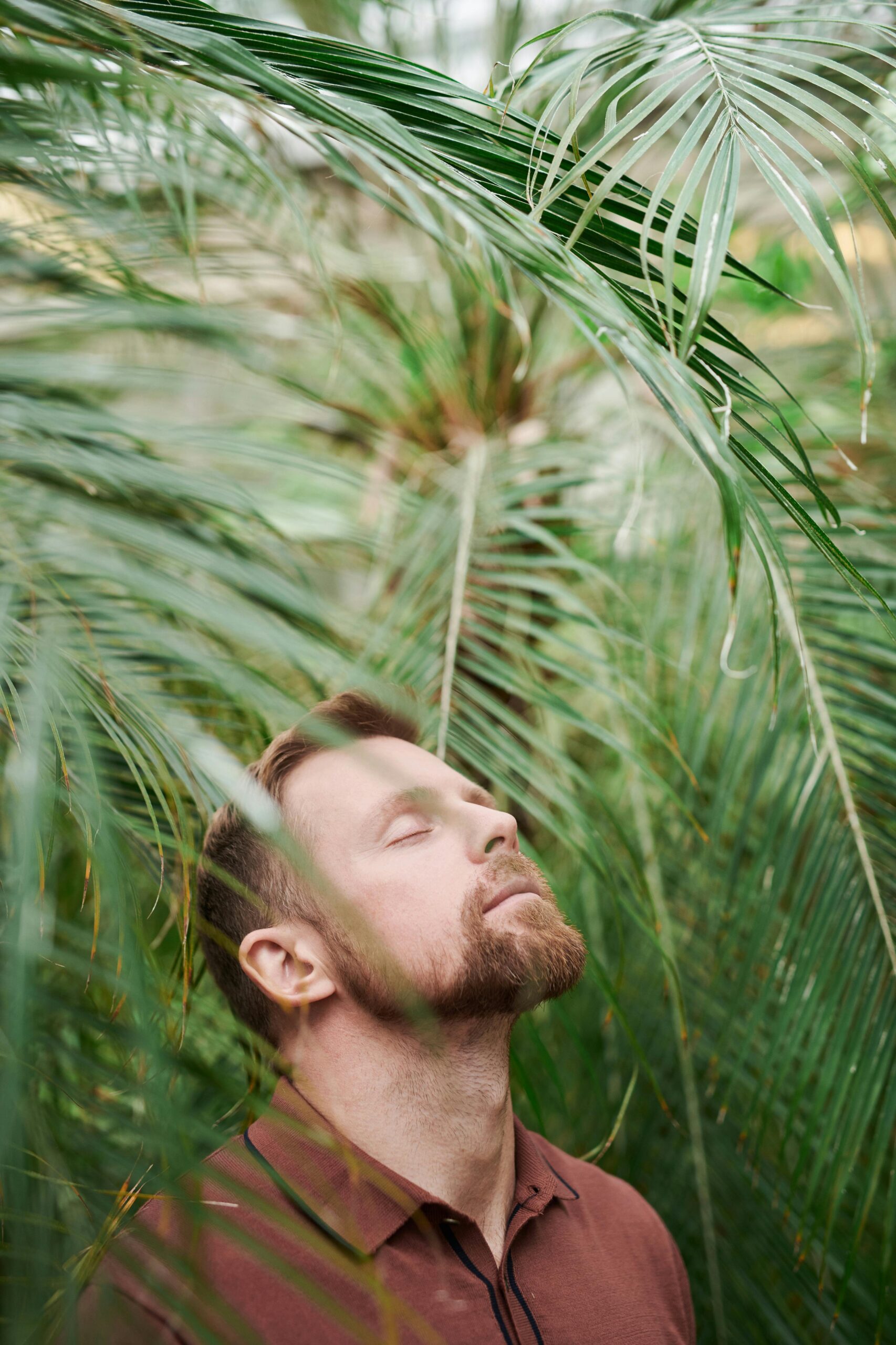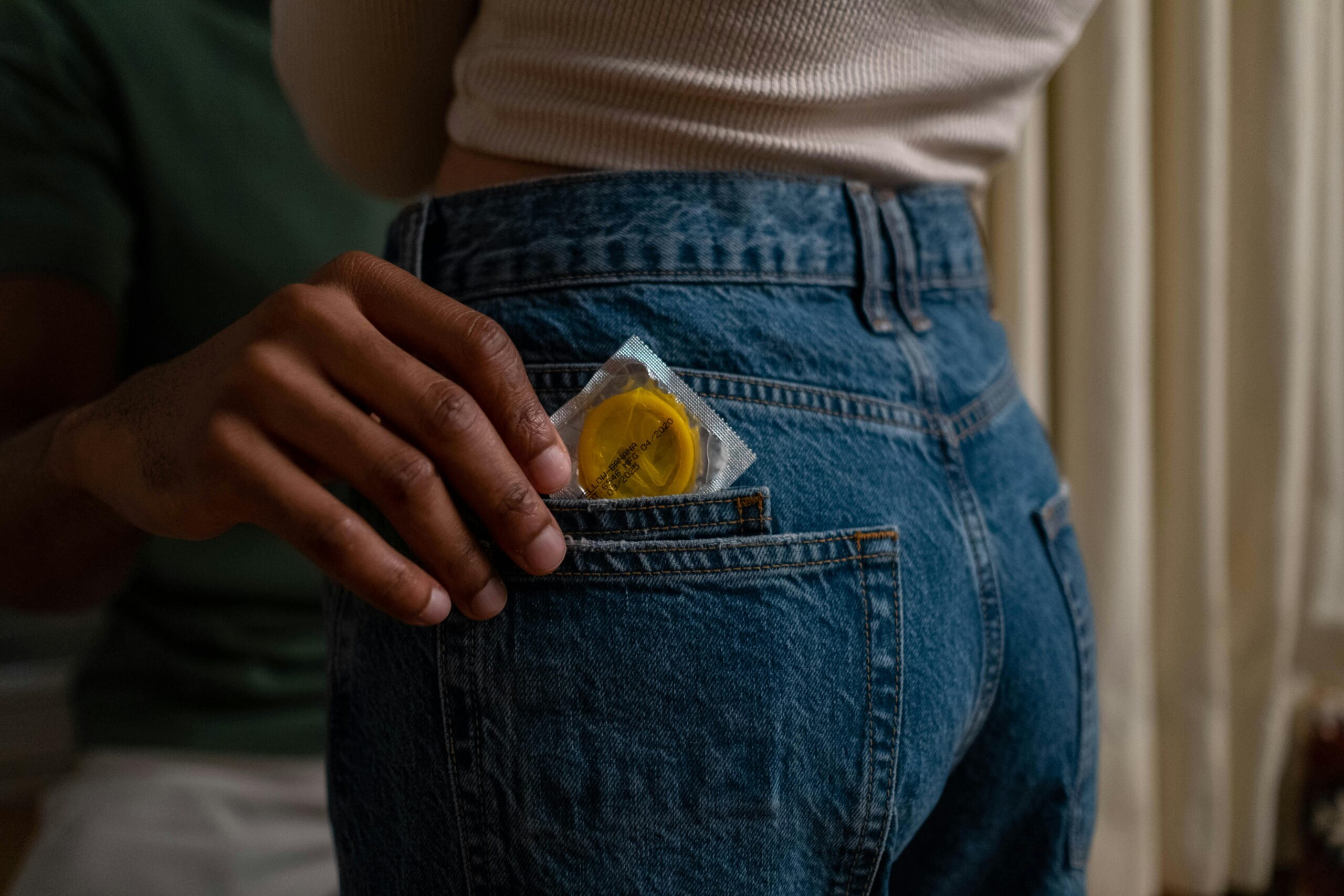Mental Well-Being: What It Really Means and Why It Matters
Alright, let’s have some real talk. Mental well-being isn’t just some hashtag you throw on a self-care Sunday pic with a matcha latte in hand. It’s deeper than that. Messier, too. And honestly, more important than we usually give it credit for. So let’s unpack it together—without the fluff, without the shame, and with a whole lot of heart.
Let’s Get Real—What Is Mental Well-Being Anyway?
Not Just “Being Happy” All the Time
Here’s the thing: happiness is awesome, but it’s not the goal 24/7. Mental well-being is more about balance, resilience, and being able to face life without feeling like you’re constantly drowning. You can feel sad and still be mentally well. Shocking, right?
It’s More Than Mental Health
Mental health is like the foundation; mental well-being is the whole house. It includes your emotions, your stress levels, your ability to handle change, and even how you bounce back after crap hits the fan.
The Connection Between Mind and Body
Your Brain and Your Belly Are Buddies
So many of us think our brains run the show solo—but surprise! Your gut has a lot to say. Ever feel “butterflies” or a “gut feeling”? That’s real. Your digestive system has a direct line to your brain. Wild.
Ever Heard of the Gut-Brain Axis?
Yeah, it’s a thing. A literal communication highway between your brain and belly. When your gut’s outta whack, your brain feels it. Hence, stress = stomachaches, and anxiety = digestion problems.
Movement = Mental Magic
You don’t have to run marathons. Even a 10-minute walk can give your brain a lil’ boost. Movement gets those feel-good chemicals flowing—and no, I’m not making this up.
Everyday Stuff That Impacts Your Mental State
Sleep (Or the Lack of It)
If you’re anything like me, after a rough night’s sleep, I’m basically an emotionally unstable gremlin. Sleep isn’t just rest—it’s recovery. Mental fog? Mood swings? Start with your pillow.
Food Choices: Comfort or Chaos?
No judgment here—I love me some fries and ice cream. But too much junk can mess with your mood, big time. Ever had a food hangover? Yeah. Same.
Digital Overload & Doomscrolling
We’ve all been there—scrolling TikTok at 2 AM wondering why life feels so heavy. Constant digital stimulation fries your brain. Sometimes the best self-care is turning off the damn phone.
Mental Well-Being Ain’t One-Size-Fits-All
Your Version Might Look Totally Different
Some people meditate. Others go boxing. Some cry to sad playlists in the shower. Whatever works. It’s not about fitting into a mold—it’s about finding your own rhythm.
Comparison Is the Thief of Joy (Literally)
You scrolling Instagram thinking everyone has it together? Spoiler alert: they don’t. Most people are just better at hiding the chaos. Don’t fall for the filters.
Habits That Help You Feel More Human (And Less Like a Mess)
The Magic of Morning Rituals
Not everyone is a morning person (trust me, I get it), but having a tiny routine—even if it’s just stretching and coffee—can ground your whole day.
Breathing Like You Actually Mean It
Deep breaths sound cheesy. But slowing down your breath can actually slow your racing thoughts. Try it. In through the nose, out through the mouth. Like a mini reset button.
Saying “No” Without the Guilt Trip
You’re allowed to say no. To people, plans, projects—whatever. It’s not selfish. It’s survival. Protect your peace, my friend.
Real Talk: My Own Mental Health Rollercoaster
The Panic Attack That Changed Everything
I remember sitting in traffic one day when suddenly my chest tightened, my vision blurred, and I thought I was dying. That was my first panic attack. It forced me to stop pretending I was “fine.”
What Therapy Taught Me (That I Didn’t Wanna Hear)
Therapy wasn’t instant magic—but it gave me tools. Like how my thoughts aren’t always facts. And how avoiding feelings doesn’t make them disappear. Ugh, truth hurts, but it helps.
Tools That Actually Work (Tried and Tested)
Apps, Journals, and Walks That Save My Sanity
I swear by journaling (even if it’s just bullet points), the Calm app, and long walks with music. None of it is fancy. But it works.
Talking to Someone Who Gets It
Whether it’s a therapist, a best friend, or an online support group—having someone who truly listens without trying to fix you? Game-changer.
Social Media: Friend or Frenemy?
The Highlight Reel Trap
Social media makes it look like everyone’s thriving. Don’t forget—it’s curated. People post wins, not breakdowns. Don’t measure your behind-the-scenes by someone else’s highlight reel.
Boundaries With a Capital B
Unfollow. Mute. Delete the app for a while. Whatever you need to do to protect your peace—do it. No shame in curating your digital space.
Why You Don’t Have to Be “Strong” All the Time
Vulnerability Is a Superpower
Crying? Admitting you’re not okay? That’s strength, not weakness. It takes guts to be real in a world that rewards pretending.
Let Yourself Be Soft Sometimes
You don’t have to be productive every second. Rest is revolutionary. Your worth isn’t tied to your hustle.
Nature, Silence, and Disconnecting to Reconnect
Tree-Hugger Tips That Actually Work
I used to roll my eyes at “touch grass” advice—but stepping outside barefoot or watching a sunset? Legit calming. Earth’s free therapy.
When Silence Isn’t Awkward—It’s Healing
You don’t always need background noise. Sometimes silence is exactly what your brain’s begging for.
When It’s Time to Ask for Help
Warning Signs to Watch Out For
If you’re always tired, feeling numb, or struggling to get out of bed—it’s not “laziness.” It’s a red flag. Pay attention to it.
You’re Not a Burden (Seriously, You’re Not)
Asking for help doesn’t make you weak. It makes you human. And the people who care about you? They want to help.
Mental Well-Being in the Workplace
Burnout Isn’t a Badge of Honor
Let’s stop glorifying overwork. If your job is draining the life out of you, it’s okay to rethink things. Your health > your hustle.
How to Set Work-Life Boundaries That Stick
Start with small stuff—logging off on time, muting notifications after hours, taking your damn lunch break. You deserve it.
Raising Mentally Strong Kids (Even If You’re Still Figuring It Out)
Modeling Emotional Honesty
Let your kids see you have emotions—and handle them. That’s how they learn. You don’t have to have it all figured out.
Helping Them Build Resilience Without Tough Love Overload
Resilience isn’t about being tough. It’s about being adaptable. Teach them that it’s okay to fall—and how to get back up gently.
Quick Wins for a Mental Reset
5-Minute Mood Shifters
Dance to a song. Step outside. Chug some water. Call a friend. Journal a gratitude list. Tiny actions = big mood lifts.
The Power of a Playlist
I have a “Feel-Good Jams” playlist that’s pure serotonin. Music can shift your whole vibe. Make one for your soul.
Final Thoughts: You Deserve to Feel Okay
It’s a Journey, Not a Pinterest Board
Mental well-being isn’t about being perfect. It’s about being present. Messy, real, and figuring it out day by day.
Take the Pressure Off Already
You’re doing better than you think. Show yourself some grace. Breathe. You’ve got this.
FAQs About Mental Well-Being
1. What’s the difference between mental health and mental well-being?
Mental health is more clinical (think depression, anxiety), while mental well-being is about how you’re feeling, coping, and living day to day.
2. Can I improve my mental well-being without therapy?
Totally! While therapy helps, so do simple habits like journaling, exercise, better sleep, and setting boundaries.
3. How do I know when to seek help?
If your emotional state is interfering with your daily life—like work, relationships, or just functioning—it’s time to talk to someone.
4. What’s a quick tip for better mental well-being?
Start with one small habit: drink water, stretch in the morning, or write down one thing you’re grateful for. Tiny shifts add up.
5. Is mental well-being something I’ll always have to work on?
Yep—and that’s okay. Like physical fitness, mental fitness is an ongoing journey. You don’t “arrive,” but you get stronger with practice.




Post Comment